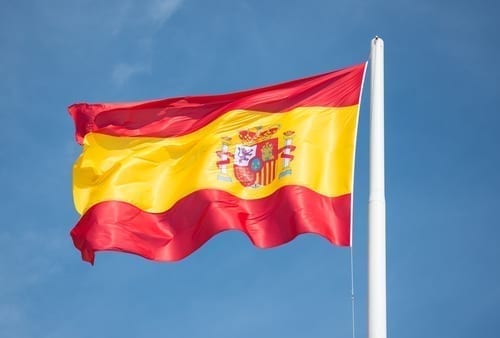Tzvi Kritzer’s father was one of the few Jews of Molėtai (Malat), Lithuania and the only member of his large family to escape death when he fled in 1941 into Russia. Tzvi decided a year ago to build a monument in the town, where most of his family was murdered during the Holocaust, and to bring the relatives of the victims to the town for a memorial march on August 29, 2016.
He expected 20-30 to show up.
But everything changed when prominent Lithuanian writer Marius Ivaškevičius, who was born in Molėtai, published a letter calling on the gentiles to join the Jews:
“Imagine: Several dozens of Molėtai’s Jews will walk the same way their relatives walked 75 years ago, and 6,000 Molėtaians will watch them from their homes. This is the worst thing that can happen. My town cannot or does not want to understand the importance of this event. I call for everyone to join us. Just go—together with our Jews. The question is will the Jews go alone again or shall we go with them. May the 29th of August become the day of our reconciliation.”
Ivaškevičius says that Lithuanians find it difficult to deal with the Jews’ deaths especially since it was Lithuanians who did the killing. “Lithuania is still trying to find its own way of dealing with its tragic past, and I hope that August 29, 2016 will become a milestone along the way.”
After the letter was published, the Molėtai municipality, who was not willing to help Kritzer set up a monument over the massacre site, changed its attitude and became the organizational headquarters of the event. Municipal workers helped clean the gravesite, installed security cameras, and put up road signs to help guide visitors.
More than a thousand people, including the president of Lithuania, arrived for the memorial ceremony.
Relatives of the victims came from Israel, Canada and the United States. They walked a mile and a half from the local synagogue, where Jews were kept during the Holocaust for three days without food and water, to the monument unveiling at the location of the massacre. The 2000 Jews of Malat, who were 80 percent of the population, were murdered in one day on August 29, 1941.
At the unveiling, Lithuanian President Dalia Grybauskaitė placed a stone on the monument and said that the “Holocaust is the tragedy of all of Lithuania because hundreds of thousands of its citizens were killed.”
Kritzer said he decided to commemorate the Jews killed in the town because “if I do nothing, their memory will just fade away.”





